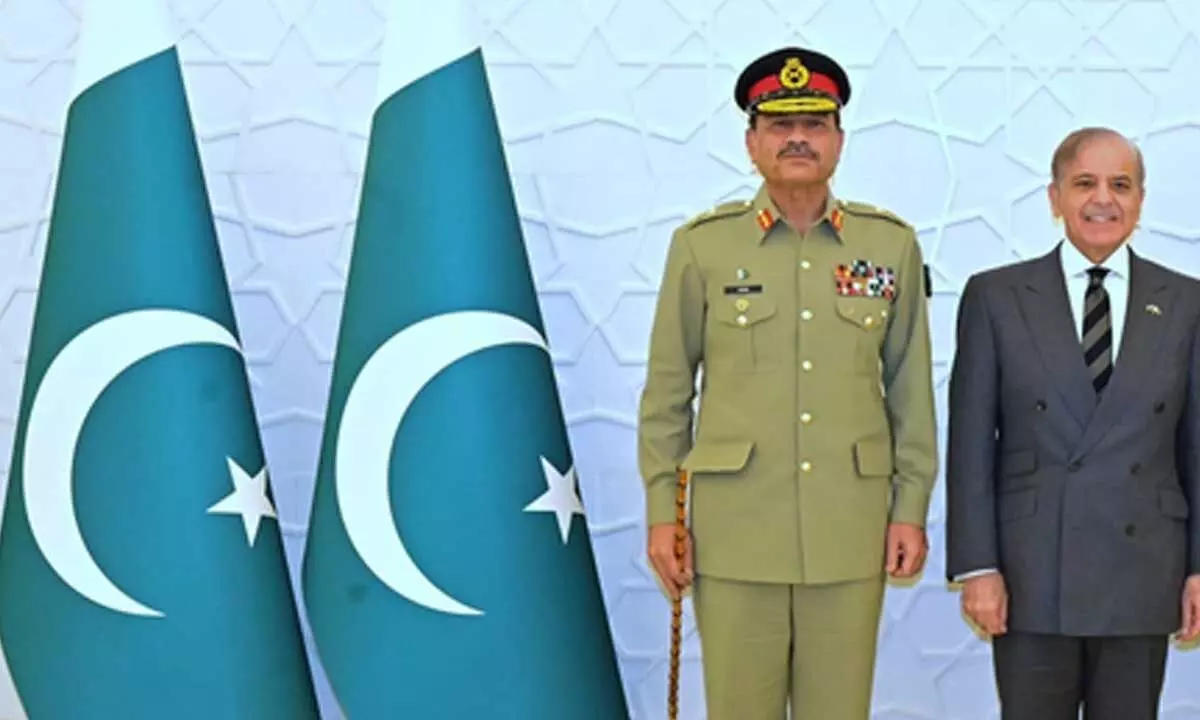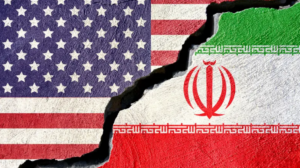
Islamabad, Pakistan: During his interview Imran Khan said that the US “did not understand what the Haqqani network was”, which he described as “a Pashtun tribe living in Afghanistan”.
Haqqani Network was involved in the deadliest terror attack in Afghanistan and it has killed hundreds of Western troops and thousands of Afghan people in the last 20 years.
Imran Khan said that during the Afghan jihad in the 1980s, Pakistan was hosting nearly five million Afghan refugees, which included some Haqqanis. “And the Haqqanis were Mujahideen who were fighting the Soviets. They were born in a Pakistani refugee camp.”
In 2011, US Admiral Mike Mullen said that Haqqani is a veritable arm of Pakistan’s intelligence agency.
“What they (Americans) were asking us was that we were supposed to check among three million Afghan refugees which ones were Taliban and which were not,” Imran Khan added.
Twitter users are trolling and saying that there is no Pashtun tribe called Haqqani in Afghanistan.
A Twitter user named Kaushal Khan wrote on Twitter, “There is no Pashtun tribe called ‘Haqqani’ in Afghanistan @ImranKhanPTI. The Haqqani Network is not named after any Pashtun tribe. We understand you have to defend Taliban, but at least get your facts right.”
Husain Haqqani, Director (South & Central Asia) Hudson Institute and former Pakistan’s envoy to the US said in a tweet, “If Jalaluddin Haqqani is from Haqqani Tribe then Imran Khan is from Aitchison and Oxford Tribes. (Jalaluddin and his sons get the name Haqqani from attending the Haqqania Madrasa in Akora Khattak, near Nowshera in Pakistan’s KP province.)”
Twitter users went on correcting Imran Khan, another user Ihsanullah Tipu Mehsud tweeted, “Haqqani is not a tribe but a family name of Jalaluddin Haqqani. Jalaluddin belonged to the Sultankhail sub-tribe of Zadran, in the Wazi Zadran district of Afghan Paktia province.”
Currently, the Haqqani Network has emerged as the most powerful group in Afghanistan as the network’s four leaders have gained key positions in the Taliban’s caretaker government.






